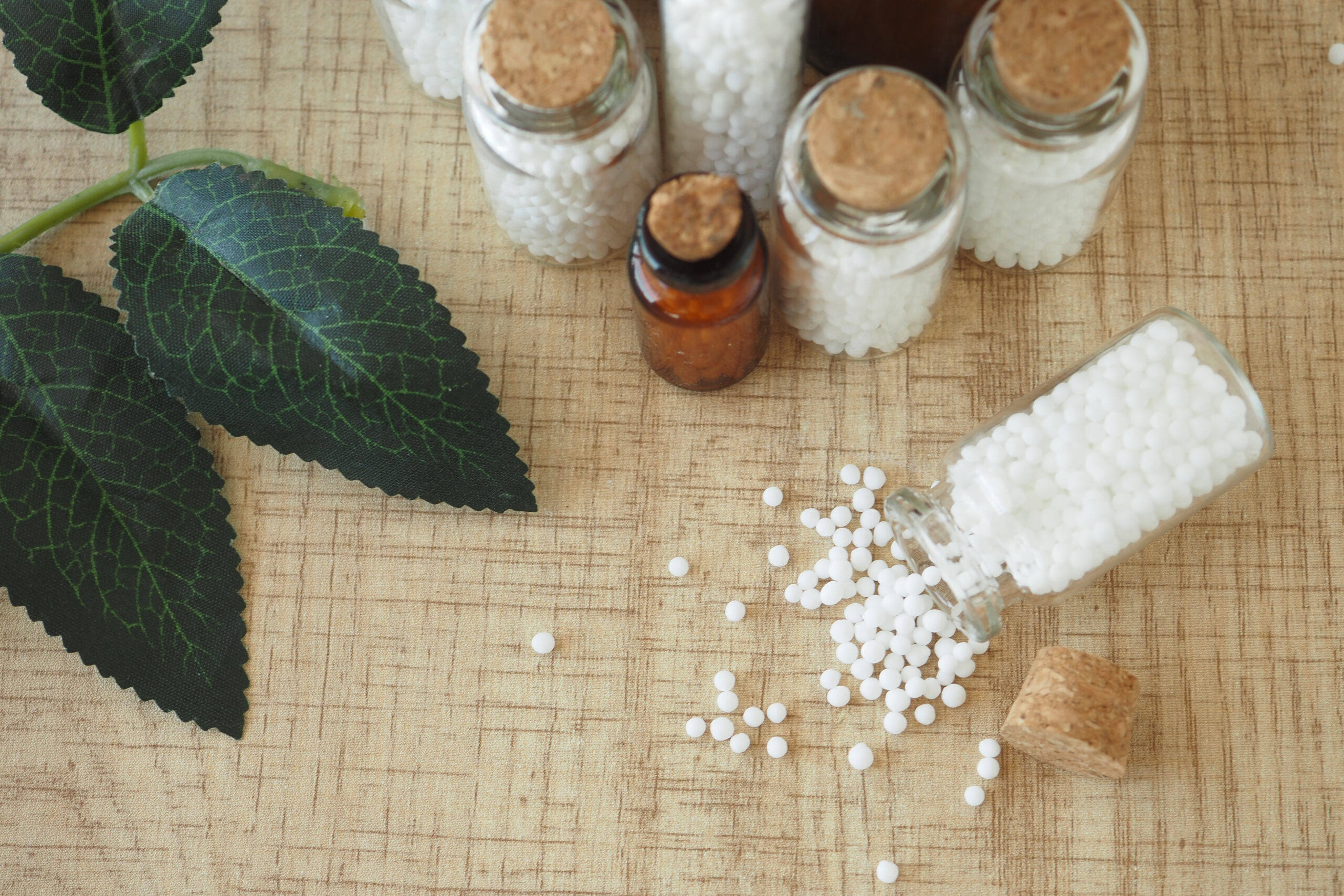
Certain myths which commonly prevail regarding the homoeopathic system of medicines are 1) Myth: Homeopathy is very slow to act & of no use in chronic illness only – Fact: Homeopathic medicines are equally fast acting & many times more effective. 2) Myth: Homeopathy is just sweet pills with placebo effect – Fact: WHO has recognized Homeopathy as the second largest system of medicine. They are not placebos but are highly

1) Is Homeopathy a proved science? It definitely is. Homeopathy is a science based on sound logic and vast experimental data. Homeopathy is the only medicinal science where data has been collected by proving on human beings and not on animals because human beings can communicate their actual feelings during the testing while animals cannot. The principles of Homeopathy have been derived and authenticated by vast clinical experiments and data. The homeopathic medicines are pre

All homeopathic medicines are to be taken on or under the tongue & they should be allowed to dissolve completely. Avoid any food item 5 minutes before & after taking the medicines. Water can be consumed. Make sure that the mouth is devoid of any taste or smell when the medicine is to be taken. The quantity of the medicines (pills) is not important but the frequent stimulation is the main criteria. The SOS medicines are to be tak

Certain myths which commonly prevail regarding the homoeopathic system of medicines are 1) Myth: Homeopathy is very slow to act & of no use in chronic illness only – Fact: Homeopathic medicines are equally fast acting & many times more effective. 2) Myth: Homeopathy is just sweet pills with placebo effect – Fact: WHO has recognized Homeopathy as the second largest system of medicine. They are not placebos but are highly

1) Is Homeopathy a proved science? It definitely is. Homeopathy is a science based on sound logic and vast experimental data. Homeopathy is the only medicinal science where data has been collected by proving on human beings and not on animals because human beings can communicate their actual feelings during the testing while animals cannot. The principles of Homeopathy have been derived and authenticated by vast clinical experiments and data. The homeopathic medicines are pre

All homeopathic medicines are to be taken on or under the tongue & they should be allowed to dissolve completely. Avoid any food item 5 minutes before & after taking the medicines. Water can be consumed. Make sure that the mouth is devoid of any taste or smell when the medicine is to be taken. The quantity of the medicines (pills) is not important but the frequent stimulation is the main criteria. The SOS medicines are to be tak
WhatsApp us